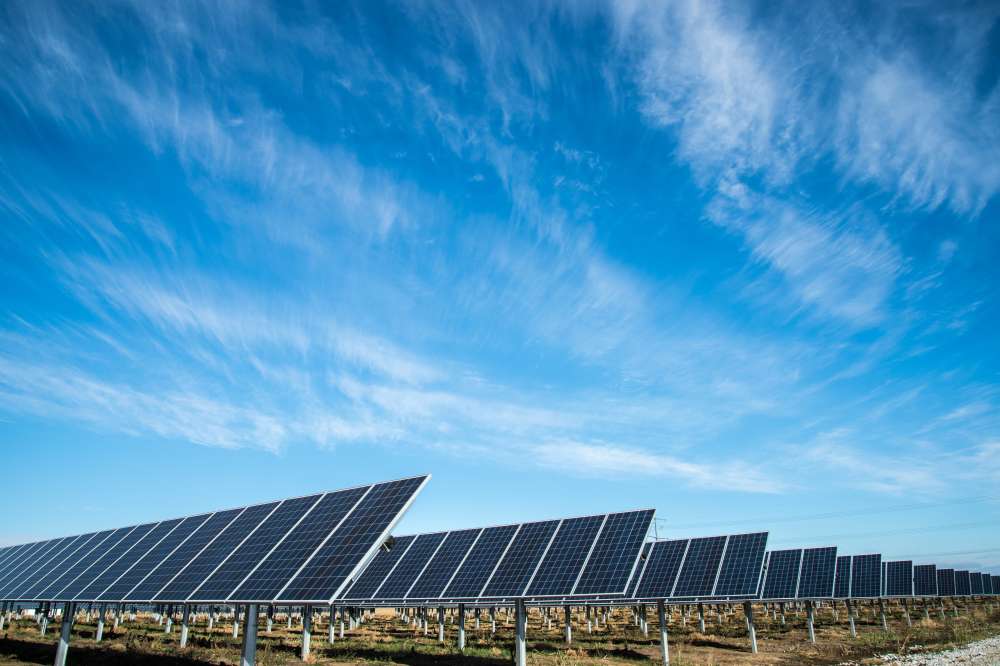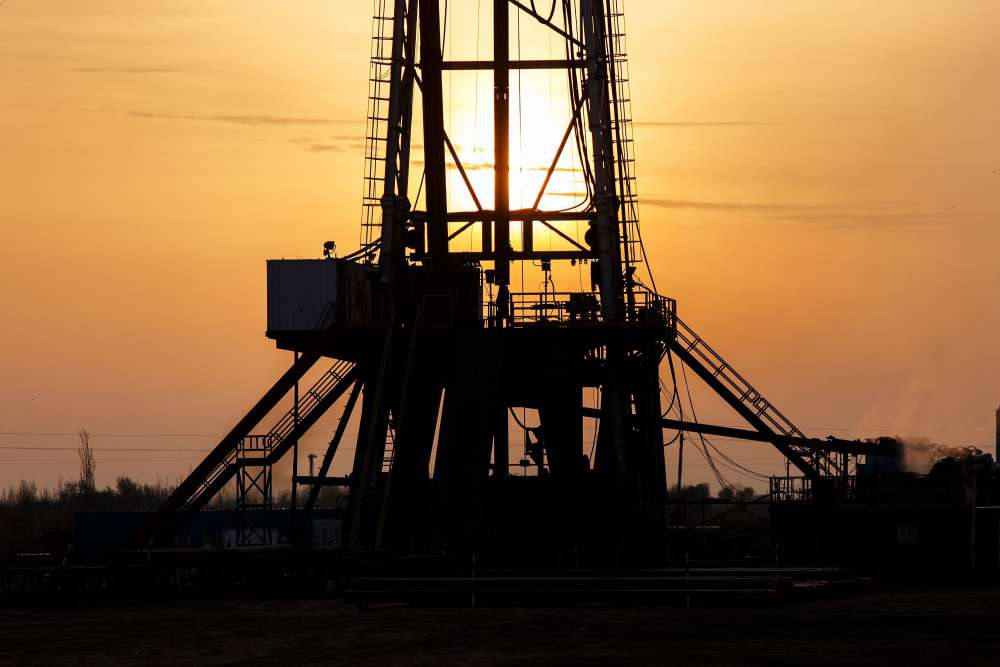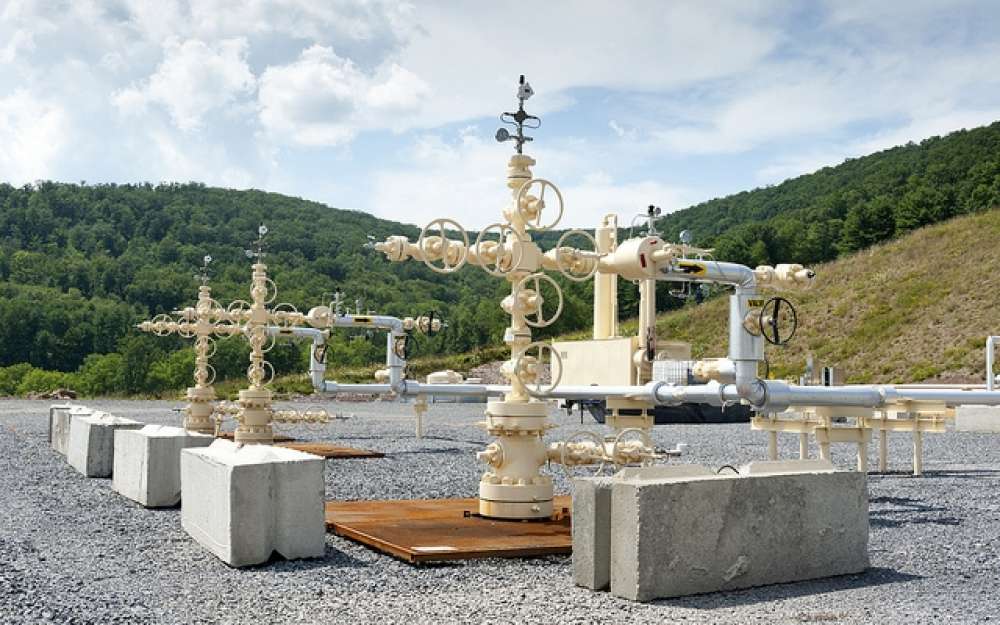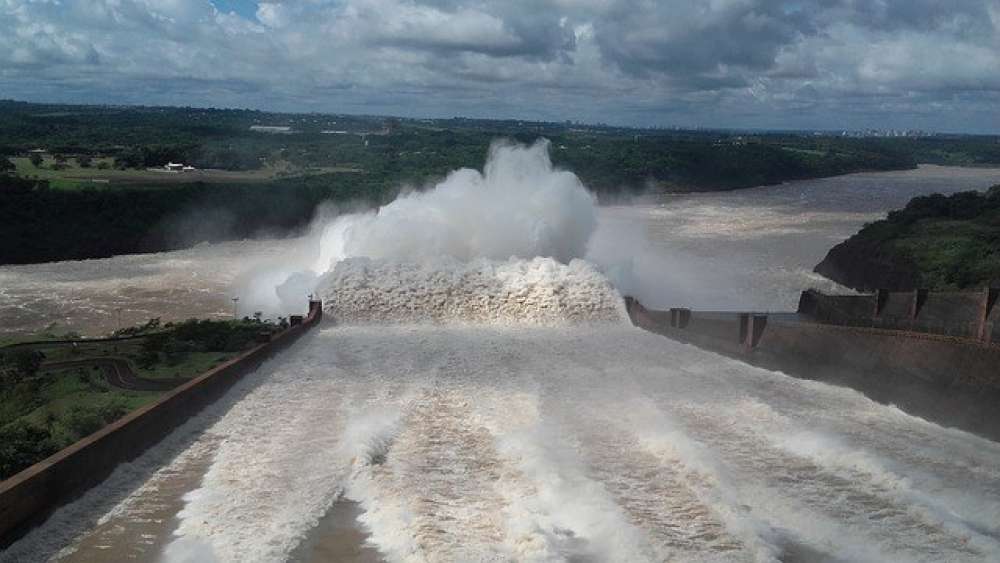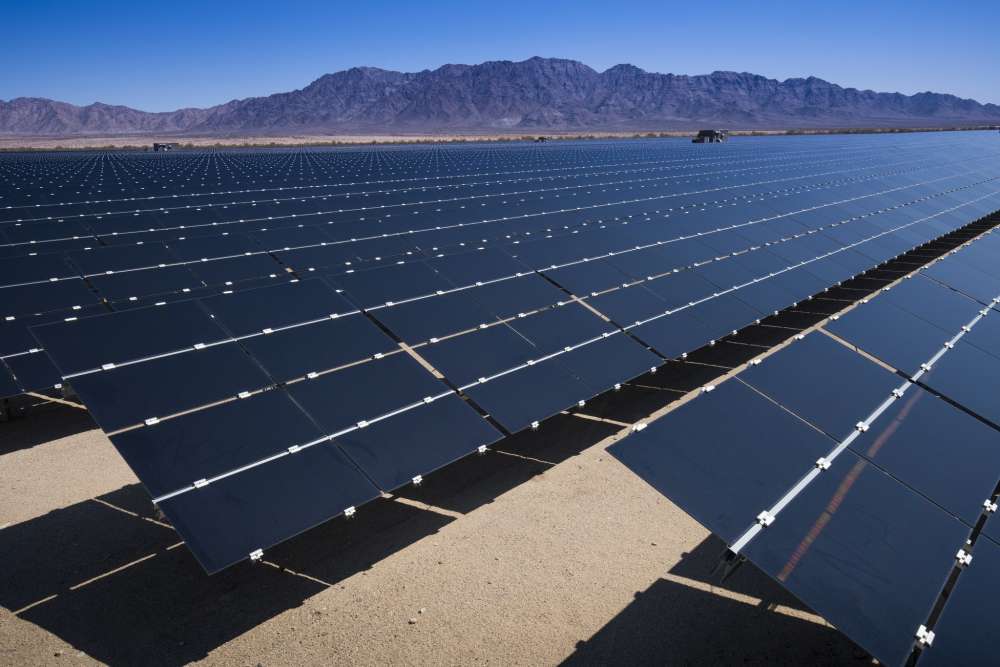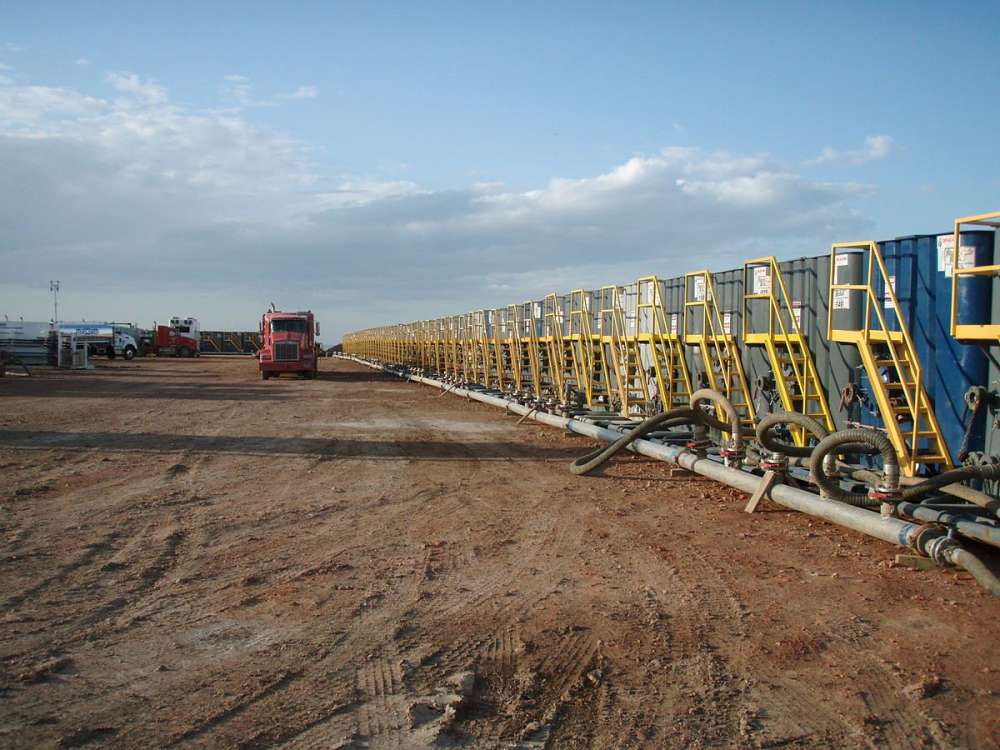The Impact of Shale Gas on European Energy Security
Introduction
Gas markets are in flux. In most of the OECD world, gas demand has faltered during the past years, a consequence of the ongoing financial and economic crisis. At the same time, soaring unconventional (shale) gas production, mainly in the US, coupled with increasing global capacity in liquefied natural gas (LNG), has altered the supply side. As a consequence, compared to the situation only five years ago, natural gas markets have literally been turned upside-down. These developments have major repercussions for Eurasian gas markets and, as a consequence, possibly also European energy security. Russia, the (still) dominant supplier in Eurasia, has lost market shares in Europe. A European sellers’ market has shifted back towards a buyers’ market again, reflecting additional supplies landing on the European market, notably in the form of LNG. The latter, in turn, has started to impact prevalent contractual arrangements in European gas markets and the common oil price peg.
While economic activity will eventually recover, it is unconventional gas developments that will keep on impacting energy markets in the medium- to long-term. Natural gas markets and Eurasian energy relations will certainly not look as they did before shale entered the gas scene – regardless of whether the US “success story” can be replicated in Europe. The “shale gas revolution” is therefore a dynamic but uncertain process that impacts on a range of energy actors and institutional arrangements, while at the same time transforming regulatory environments and market structures. Regardless of whether Europe decides to produce shale gas itself, how this plays out will have a considerable impact of European energy security.
As a consequence, this study argues, a number of risks have emerged requiring policy solutions, including investment uncertainty, cartelization of gas markets and price volatility. These so far rather unaddressed “side effects” could turn the tide against shale production and its already hyped role as the transition fuel to a low carbon future.
…
